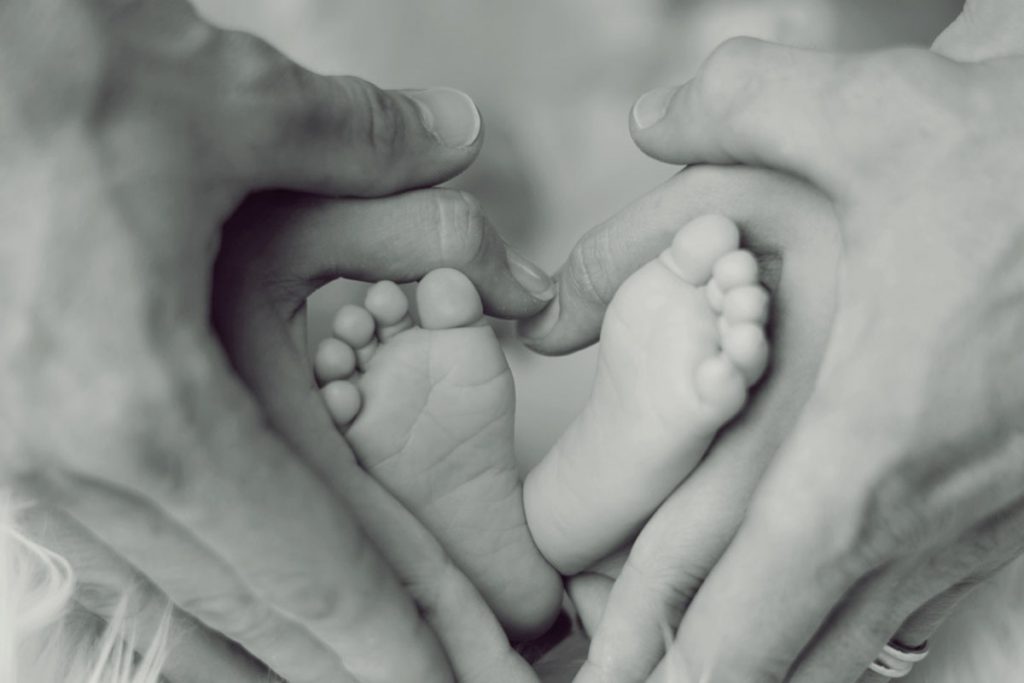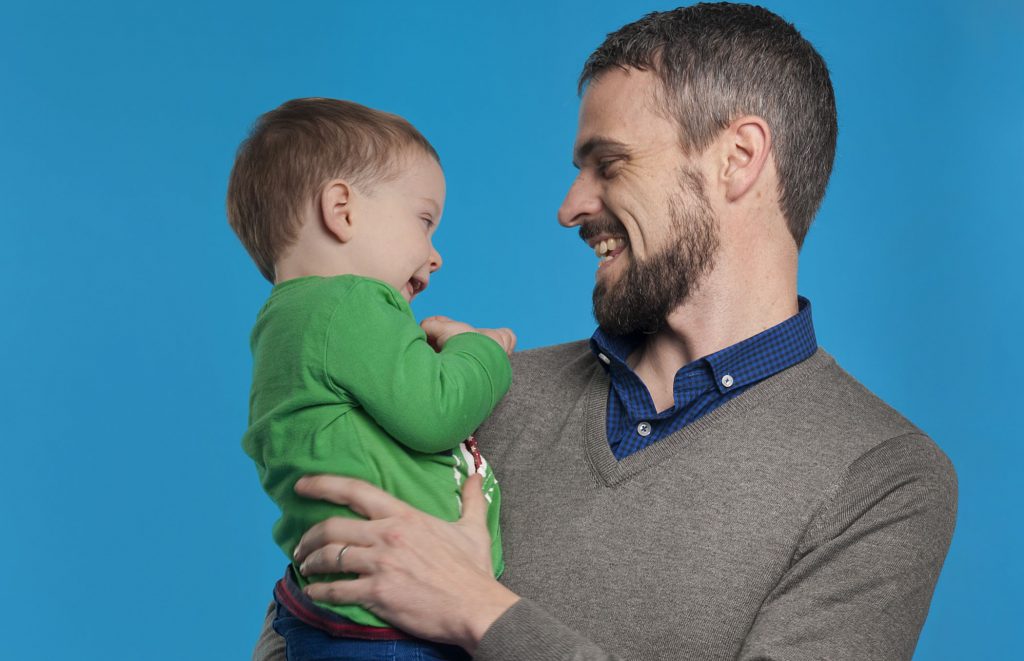Newborn screening is one of the most important preventive public health programmes.

The test involves a simple blood sample taken from each newborn baby’s heel to enable early diagnosis of several genetic diseases, thereby allowing timely, targeted management and treatment. The test, which is free of charge, is done between 48 and 72 hours after birth, directly at the hospital where the baby was born.
In 2016, Italian Law No. 167 extended the newborn screening programme to include around 40 genetic disorders on a nationwide basis, to give all babies born in Italy the same health opportunities and reduce the geographical inequalities that had previously existed.
In recent years, the application of new analytical technology has enabled the development of a test capable of detecting some 40 inherited metabolic disorders, that is, diseases caused by the absence or shortage of one of the enzymes responsible for producing energy in the body. For each of these diseases, a therapeutic treatment capable of improving longevity and quality of life now exists and is available.
*estimate based on the average number of babies born each year in Italy and the estimated number of those affected by the diseases screened for.
Why is it important?
Some genetic diseases are difficult to recognise and can also progress rapidly, causing irreparable damage to the brain or other organs. Detecting such diseases at birth may enable early and targeted management and treatment, even before any symptoms have started to appear, to prevent their progression, which could lead to physical and intellectual disabilities. For many diseases, early intervention can considerably improve the efficacy of therapies and treatment.
- Patients can be put on the right treatment and diet immediately
- Patients enjoy a better quality of life
- Healthcare and social welfare costs are reduced.

FAQs about newborn screening
How does the test work?
What does a positive result mean?
What are false positive test results?
What happens if the screening test result is negative?
Do parents need to sign that they consent to the screening?
Where can I find information on the application of screening?
What are the criteria for including a disease in the list of those screened for?